Affiliate links on Android Authority may earn us a commission. Learn more.
Is PayPal safe? Everything you need to know, plus tips for staying safe
Published onMay 6, 2023
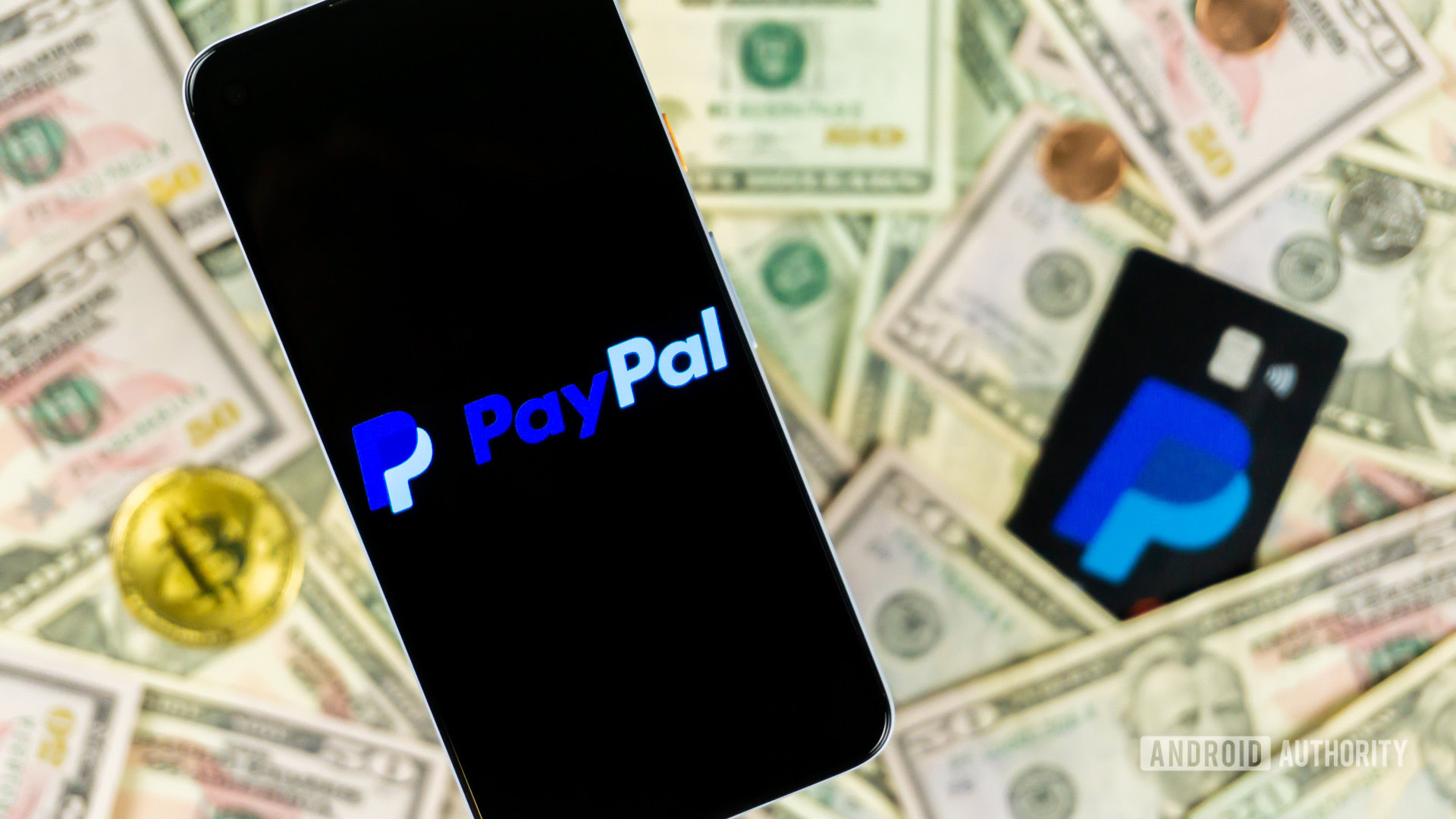
You should always be wary of fraud and questionable transactions when buying and selling online. Certain platforms are more secure than others, but how does the king of online payments stack up? Is PayPal safe to use for buying and selling online?
Although it’s had trouble with fraud throughout its over two-decade history, PayPal is largely safe to use for regular transactions. That said, there are certain things you should know about PayPal’s security. We’ll also list a few extra steps you can take to make sure your money and account remain safe.
Editor’s note: The information and tips in this article are primarily based on US PayPal accounts, but should mostly hold for accounts in other countries worldwide.
Is PayPal safe and secure?
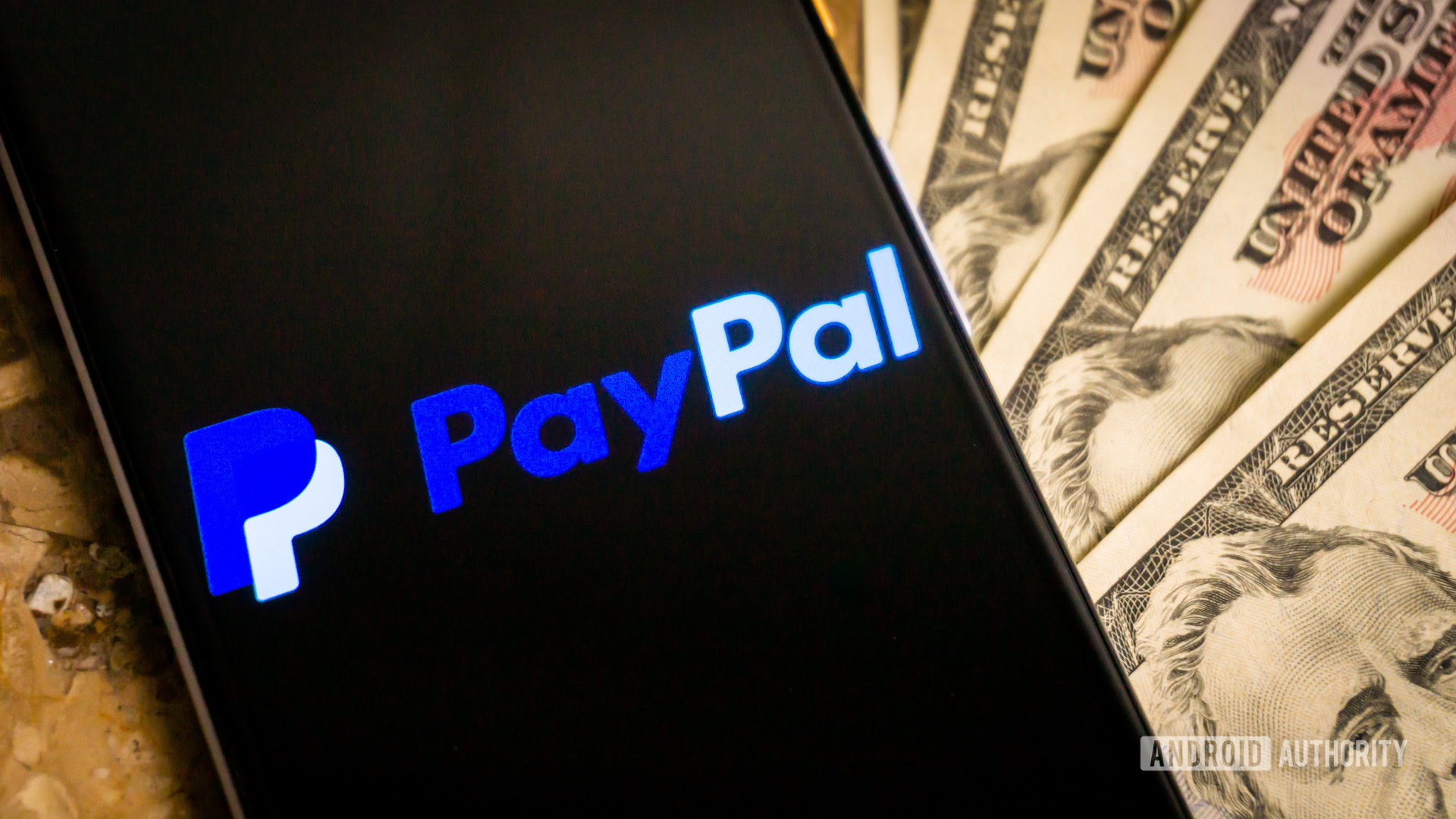
The simple answer is yes, PayPal is safe, but within limits. Whether you’re sending money to friends or buying and selling products online, PayPal has several industry-standard security features and a bug bounty program to weed out vulnerabilities before it’s too late. PayPal also stores your data on encrypted servers, so the main risk to your account is from phishing and fraud rather than hacks and data breaches.
Although it's generally safe, PayPal is not a replacement for a bank account.
While PayPal is generally safe, you still should not treat it as a replacement for a bank account. In the US, most funds are not FDIC-insured, meaning that if PayPal goes out of business, your money goes with it. This shouldn’t be a significant concern for average users, but you should keep your PayPal balance low by transferring funds regularly to a standard bank account if you are worried.
All that said, there are certain situations in which your PayPal balance can be FDIC-insured. Those who receive their funds via direct deposit will enjoy passthrough FDIC insurance, even if PayPal has custody over your funds. This is because PayPal will deposit your funds in an FDIC-insured bank (currently Synchrony Bank), leaving you as the beneficiary. PayPal Savings customers also get passthrough FDIC insurance. Additionally, you get the same benefits if you get the PayPal Cash Mastercard, backed by The Bancorp Bank.
Additionally, although PayPal offers similar services to a credit card company or bank, the level of customer service does not match up. It can take weeks or months to recover lost funds in some cases. Also, PayPal isn’t necessarily under the same legal obligation as banks and other financial service companies.
With that out of the way, answering the question of exactly how safe PayPal is depends on what you’re using it for. Part of that is due to PayPal’s focus on buyer protection, and part of it is due to the nature of online payments.
How safe is PayPal for money transfers?
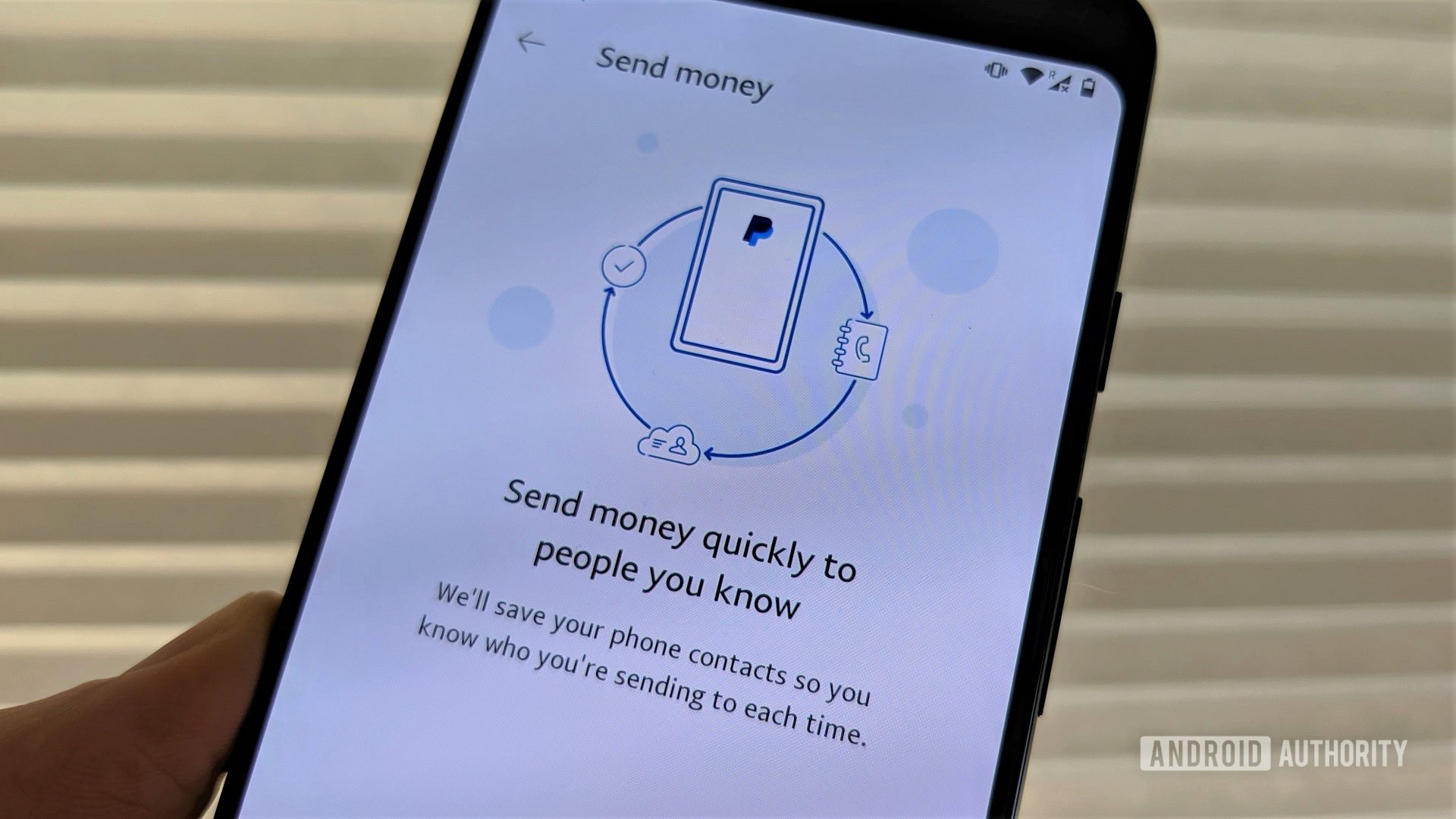
PayPal is one of the safest platforms for simple money transfers to friends. It may be safer than standard bank transfers. You can be positive that the recipient won’t see your bank account details. It’s also much faster, as most transactions are nearly instant.
The only trick is that you always have to ensure you’re sending the funds to the right person, and don’t make any typos while typing the recipient’s email address. Even if you do, though, there is a chance you can cancel transfers.
Obviously, some other security concerns aren’t unique to PayPal. For example, using public Wi-Fi connections for financial transactions is never a good idea, as they may be vulnerable to interception. Another concern is scams, which attempt to trick you into sending money to an unknown account or clicking a link to access your account. Also, be careful with any PayPal emails. Scammers will often send you an email impersonating PayPal. They’ll redirect you to a website that looks very similar to PayPal’s. They’ll get your credentials once you try to log in!
As long as you’re wary of these things and use a bit of common sense, PayPal’s built-in security won’t let you down.
How safe is PayPal for buyers?
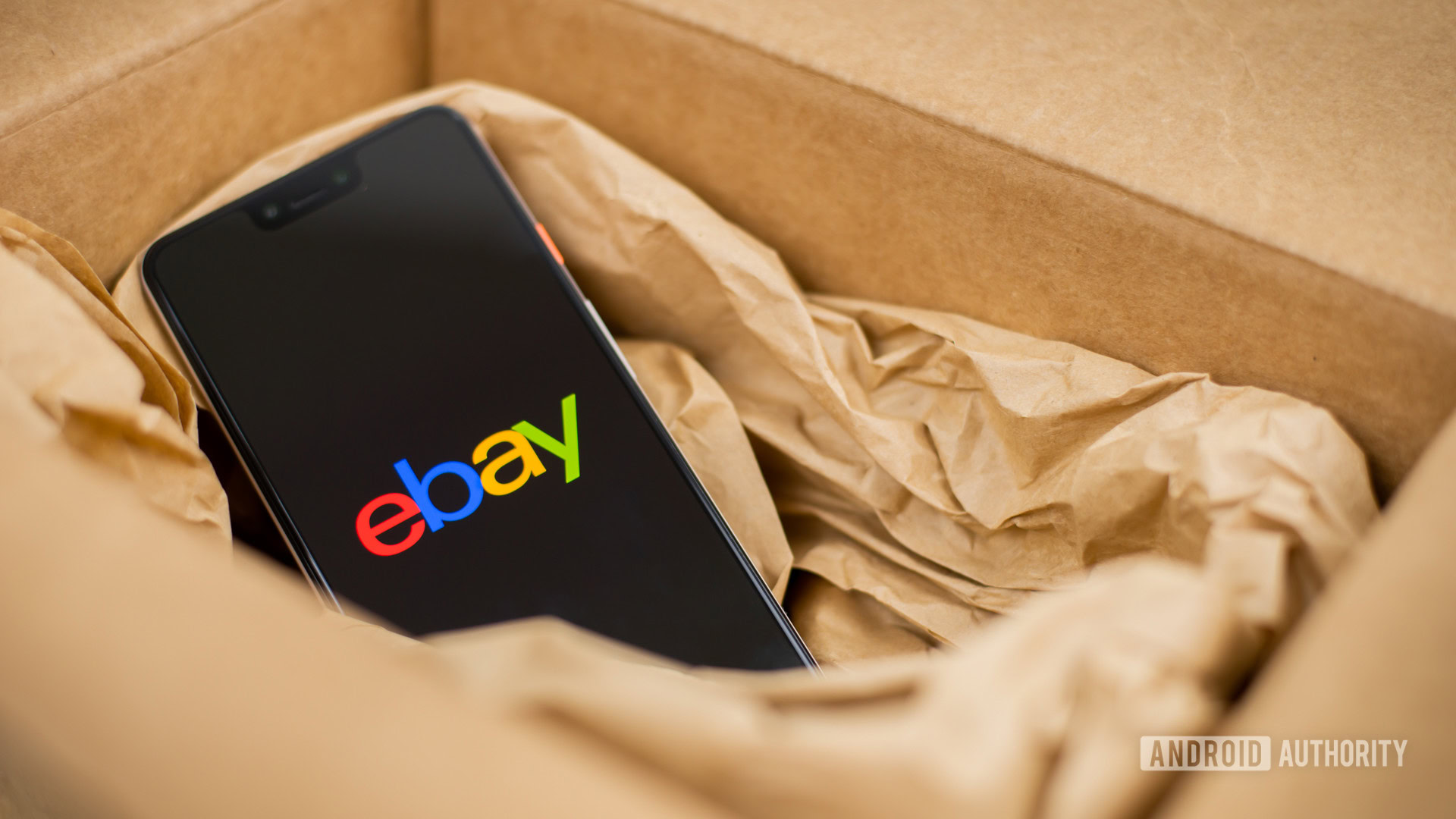
When it comes to using PayPal to buy goods and services, it’s one of the safest platforms. PayPal’s buyer protection program covers situations where a product is never received or isn’t as described, as well as fraudulent charges that the account holder did not authorize. Our team members have filed claims in the past, and always got issues resolved.
PayPal isn't ideal for large purchases.
These policies make PayPal’s buyer security similar to a credit card. However, there are a few limitations to what can be reimbursed in many countries. For example, purchases of cars, large machinery, and custom-made items are often exempt. You should review the entire policy for your country, but the main takeaway is that PayPal isn’t ideal for substantial purchases.
Even so, PayPal is a safer way to send money than Western Union or direct wire transfers. Potential scammers can’t glean any financial information from a PayPal transfer, making it an excellent choice for buyers looking for an extra level of privacy and security.
How safe is PayPal for sellers?
The story is more complicated for those looking to use PayPal to sell goods and services. PayPal favors buyers in online transactions, which naturally comes at the expense of sellers.
PayPal does have a seller protection policy, but it’s significantly more restrictive than its buyer counterpart. Legitimate business owners willing to work with customers will unlikely encounter significant problems. Still, there are some situations where sellers may feel less protected.
Sellers looking to use PayPal should only ship to verified addresses and require proof of delivery. This will prevent any fraudulent claims that goods were not delivered. Keeping a running record of communication and agreements with a customer will also keep PayPal on your side in any potential disputes.
When PayPal receives an eligible complaint from a buyer, the funds in question may become locked in the seller’s account. However, this doesn’t mean it’s immediately returned to the buyer; if the dispute is decided in the seller’s favor, the funds once again become available.
PayPal security: Tips to secure your account
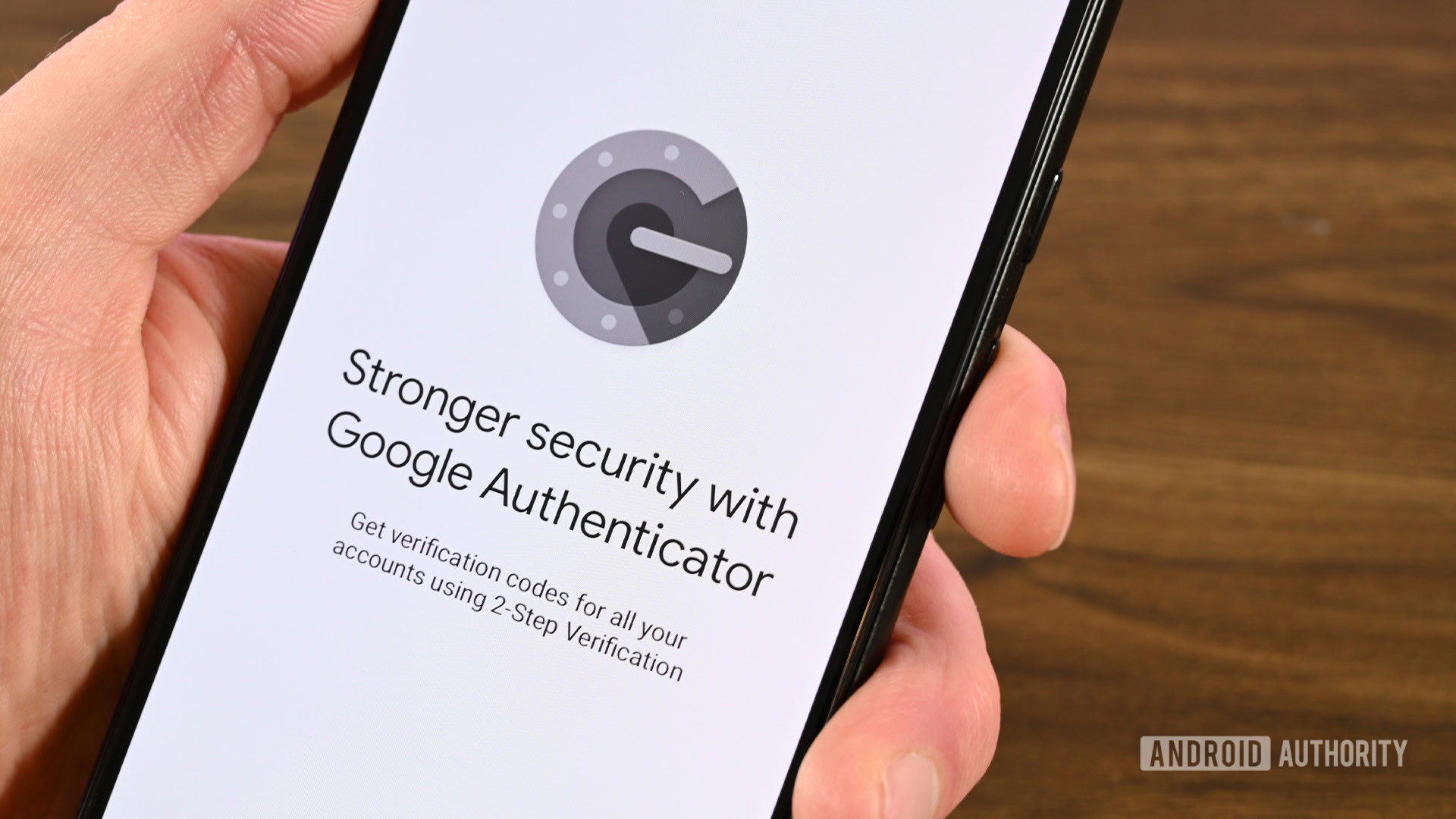
Keeping on top of your PayPal account security should be a concern for both buyers and sellers, so we’ve put together a short list of tips to keep your money safe. Remember that there is no way to eliminate the risk of data breaches for even the most diligent users, but you should still try to mitigate that risk as much as possible.
Let’s start with a strong password
People trying to take control of your account might not need to work too hard. It turns out people are very predictable when it comes to their passwords (check out Nord’s list of the most common passwords). Make sure your PayPal password is as unpredictable as possible. You should preferably choose one with letters and characters that are entirely random. You should check out our list of the best password managers for improved protection.
Enable two-factor authentication
One of the easiest ways to keep your PayPal account safe is to enable two-factor authentication. It’s disabled by default, but PayPal’s system is compatible with various 2FA apps, including Google Authenticator, Authy, and others.
To turn it on, log into your account and click on the Gear icon in the top-right corner. Go into the Security tab. Click Set up next to 2-step verification. Follow a few instructions to finish the process.
Use credit cards instead of debit cards or bank accounts
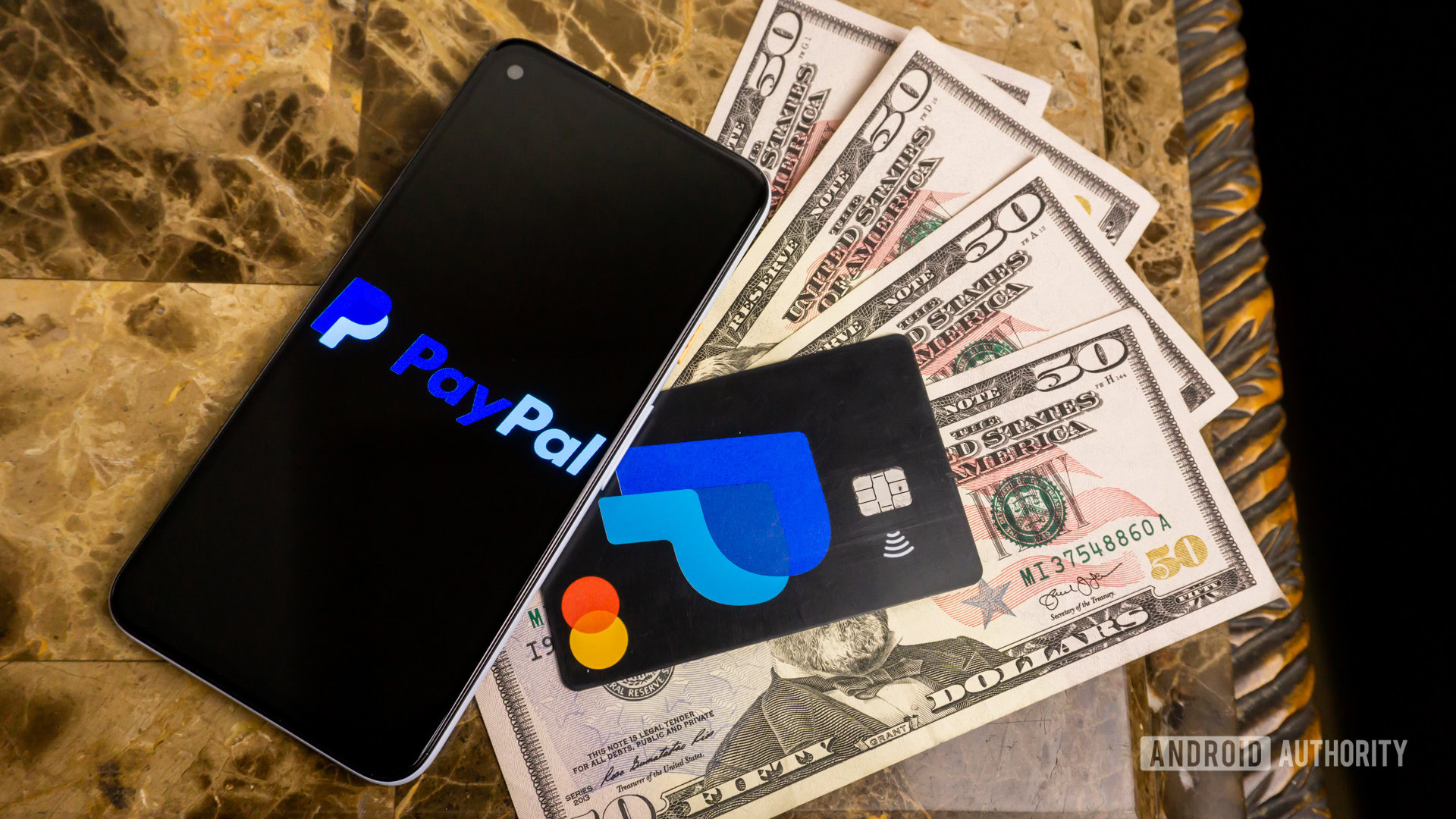
Attaching a bank account or debit card is one of the easiest ways to add money to your PayPal account, but you should avoid it if possible. Connecting a credit card achieves the same result but provides an extra level of security.
Most importantly, it eliminates the possibility of bad actors using PayPal’s auto-withdrawal feature to drain the money from your bank account. Plus, fraudulent charges can be disputed with the credit card company in addition to PayPal itself, providing an extra layer of fraud protection that you wouldn’t get with a bank account or debit card.
You could try to file disputes with your bank if you use a debit card, but bank customer support is usually less efficient than credit card support.
Keep your device and software up-to-date
Ensure the device and software you use to access PayPal are up-to-date. Updates nearly always contain fixes for security holes that could leave your account vulnerable.
If you want to take your PayPal security further, you can also use a dedicated device for PayPal transactions. Don’t use this device for anything else (no web surfing, social media, apps, etc.). This should offer nearly bulletproof protection for your account.
How to update Android apps:
- Launch the Google Play Store.
- Tap on your Profile icon in the top-right corner.
- Select Manage apps & device.
- Tap on Updates available.
- Either find PayPal and hit Update next to it, or select Update all.
How to update your Android device:
- Open the Settings app.
- Go into System.
- Select System update.
- Tap on Check for update.
- You’ll be notified if there’s an available update for your device. Follow instructions to install it.
Don’t use PayPal on public Wi-Fi

One of the few situations where PayPal isn’t safe is while connected to public Wi-Fi connections. Even if you’re checking your account balance and not transferring money, it may be possible for outsiders to decipher your password and access your account. It’s hard to accomplish, but skilled hackers might try and be successful.
If you absolutely must check your balance while away from home, turn off Wi-Fi and use mobile data instead.
Only deal with verified buyers/sellers
Both buyers and sellers should be wary of unverified accounts, as they may be more prone to fraudulent charges and scams. Just about anyone can create a PayPal account in a few minutes, but verifying their identity and address opens them up to all kinds of legal troubles.
In the United States, verifying your account means linking an address (with a bank statement or utility/credit card bill) and a Social Security number. Finally, don’t be afraid to block PayPal accounts liberally if you are concerned about security and you get a lot of requests from someone.
Be wary of email links and shipping labels
Two of the most common PayPal scams rely on unsuspecting users forgoing due diligence in email communications. Whenever you receive an email claiming to be from PayPal, be sure to double-check it genuinely comes from PayPal. Use your browser or app to navigate directly to your account instead of clicking on links in the email.
Another common PayPal email scam targeting sellers involves sending a fake shipping label via email. The buyer can then claim that they never received the item and request a refund. Sellers should always ship directly through reputable postal services to verified addresses to avoid this. Also, get an online tracking number and proof of delivery. You might also want to consider requiring a signature upon delivery for high-value items.
Monitor your account
Our final tip to keep your PayPal account safe is one that even the most casual users need to keep in mind. No matter how much money you have in your PayPal account, you should regularly check it and make sure there aren’t any unknown transactions.
This is because bad actors will frequently make a few small purchases to test out a newly acquired account. If they’re successful, they’ll move on to large purchases that quickly drain your bank account or put you in debt. Disputing these claims might get you your money back, but it will cost you countless hours, headaches, and stress. It’s best to nip it in the bud before things get out of hand.
FAQs
Not all money you deposit to PayPal is FDIC insured. Those who get direct deposit to PayPal will get passthrough insurance, as most of these funds are deposited to Synchrony Bank, a PayPal partner. Additionally, PayPal debit card users will enjoy FDIC insurance because these funds are deposited to Bancorp Bank.
PayPal is widely known for offering thorough purchase protection. They will help you with any purchase issues or fraudulent transactions.
PayPal offers seller protection, but it isn’t as good as its consumer protection. PayPal tends to lean more on the side of the customer. That said, you can take some preventive measures, like requesting a signature upon delivery of any packages to make a stronger argument during a dispute.
Even if your funds qualify for FDIC passthrough insurance, you should probably send most of your money to a traditional bank account. This is because PayPal isn’t exactly a bank, it’s a service provider. Furthermore, not all cash is always FDIC-insured. There may be a slight delay between the time you get your money and PayPal transfers it to its banking partners.
PayPal may be the king of online payments, but there are alternatives if their services do not convince you. Of course, you can stay within your bank’s protective arms and use traditional transfers, or make payments using a secure credit card. You can also see our comparison between PayPal vs. Venmo to see if the second option convinces you. We also have guides on setting up PayPal accounts, as well as deleting PayPal accounts. The choice is yours.